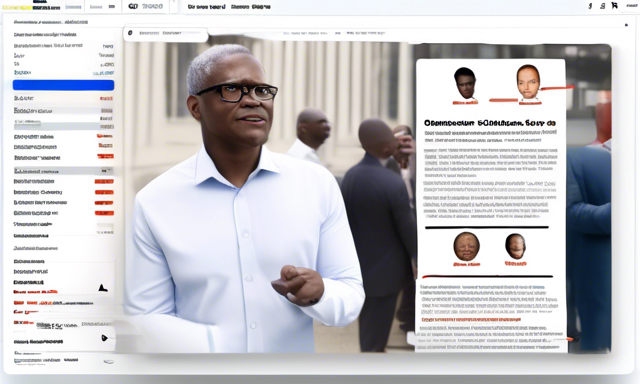Enhancing Election Transparency Through Advanced Data Storage ⚖️
As modern democracies evolve, the significance of recording and safeguarding election data becomes increasingly paramount. This year, an array of issues surrounding the integrity and transparency of electoral processes prompts the consideration of both traditional and innovative approaches to data management.
Understanding the Importance of Election Data 🗳️
Election data encompasses a multitude of elements, including voter registrations, election results, and reports of irregularities. The collection and preservation of this information are crucial for a number of reasons. For example, the MIT Election Data and Science Lab highlights that localized election data, known as precinct data, offers more detailed insights into electoral variations than broader state-level data.
- Localized insights from precinct data can unveil specific patterns.
- Comprehensive data analysis enriches our understanding of election dynamics.
This nuanced perspective is pivotal in supporting transparent election outcomes and ensuring public trust in the democratic process.
Challenges of Centralized Election Data Storage ⚠️
Despite the value of election data, the predominant practice of storing this information on centralized servers poses significant challenges. According to Daniel Duke Odongo, Director of Product at Ushahidi, centralized databases managed by civil organizations or governmental bodies can suffer from serious vulnerabilities.
- Data silos hinder collaboration among institutions.
- The risk of cyber-attacks and manipulation increases with a centralized model.
- Potential data loss or tampering raises concerns over election integrity.
Nathan Freitas, founding member of The Guardian Project, emphasizes that traditional databases often lack cryptographic security and audit trails, making them susceptible to unauthorized access and alterations.
Transition to Decentralized Storage Solutions 🌐
In light of the risks linked with centralized storage, several initiatives are exploring decentralized storage technologies as alternatives for safeguarding election data. Ushahidi’s Election Data Resilience Initiative is an example of this shift, utilizing crowd-sourced reports stored within a decentralized framework.
- Data distributed across numerous nodes mitigates risks associated with localized disruptions.
- Decentralized methodologies bolster data integrity through cryptographic methods.
Ushahidi is collaborating with local election monitoring groups in Kenya to pilot this initiative, which aims to refine operational approaches before broader implementation. Such collaborations are essential for nurturing a community-driven approach to electoral transparency.
Counteracting Misinformation with Decentralized Frameworks 🛡️
Numbers Protocol is another project harnessing decentralized technologies to counter misinformation during elections. By partnering with Taiwanese media, Numbers Protocol focuses on the authenticity of electoral content through secure data storage on Filecoin’s decentralized network.
- Unique identifiers for images and videos help verify the source of election campaign materials.
- Embedding metadata in media captures reinforces the trustworthiness of information shared with the public.
Their proactive approach seeks to build public confidence in election reporting, particularly in volatile political environments. Ongoing efforts in Taiwan lay the groundwork for future projects surrounding elections in Indonesia and India.
Evaluating Future Prospects for Decentralized Storage 🌱
Clara Tsao from the Filecoin Foundation acknowledges the potential of decentralized solutions as reliable methods for authenticating critical documents, indicating that the foundation plans to assist further projects focused on content integrity in elections.
However, significant barriers to adoption remain. Duke Odongo notes technical and logistical obstacles, especially in regions lacking adequate digital infrastructure. To combat this challenge, Ushahidi proposes a hybrid model integrating localized storage with decentralized backups for continuous data availability.
- This approach ensures operational resilience, even amidst unstable internet conditions.
- Regulatory compliance presents an additional hurdle requiring careful navigation of local laws.
Through educating election authorities and stakeholders about the advantages of decentralized storage, organizations like the Filecoin Foundation aim to encourage the adoption of such technologies in safeguarding democratic processes.
Hot Take: The Future of Election Integrity 🚀
As we navigate complex election landscapes this year, the increased emphasis on enhancing the transparency and integrity of electoral procedures underscores the critical need for innovative data management solutions. Decentralized technologies stand to play a significant role in achieving these objectives, making it essential for stakeholders to adapt and embrace these advancements. By overcoming current challenges, we can pave the way for a more secure electoral framework that nurtures public trust and engagement in democratic practices.





 By
By
 By
By

 By
By
